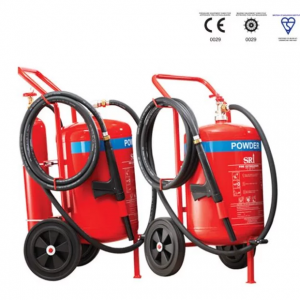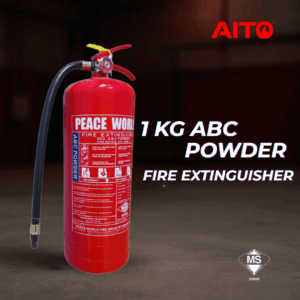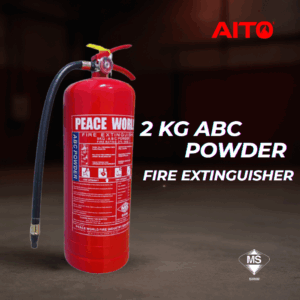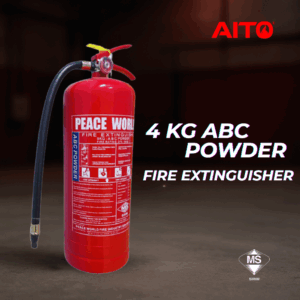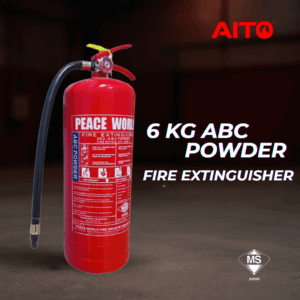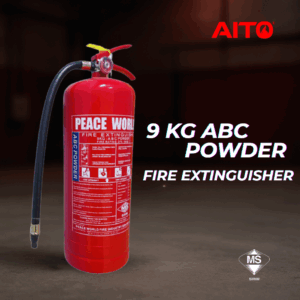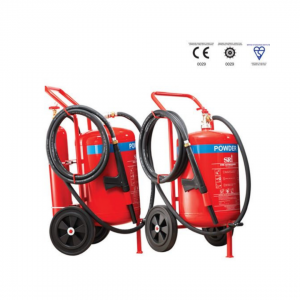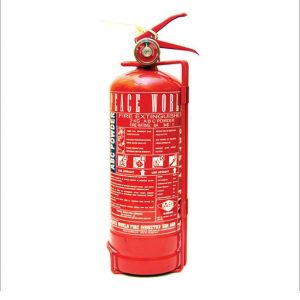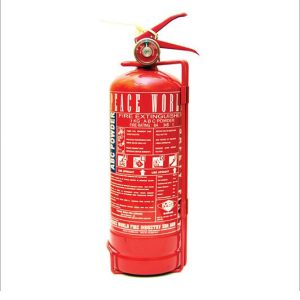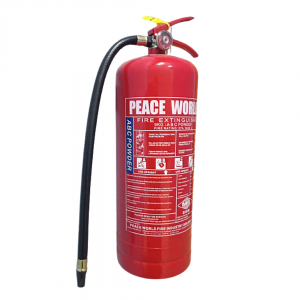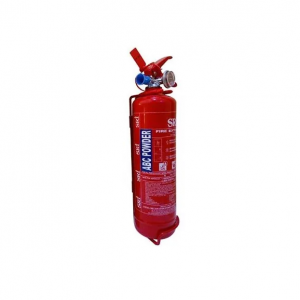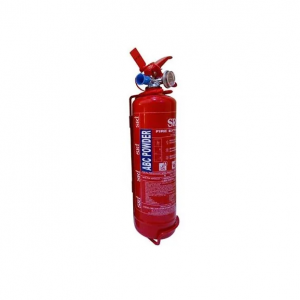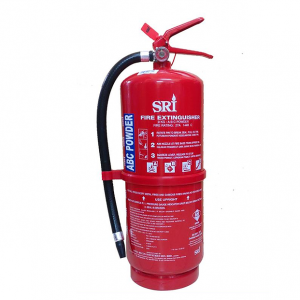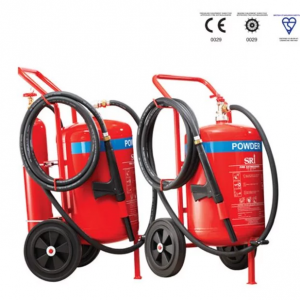Fire System Maintenance: Ensuring Safety and Efficiency
Fire System Maintenance are critical components in building infrastructure designed to protect lives and property from fire risks. Besides, proper and regular maintenance ensures that these systems function effectively when needed. Furthermore, this article discusses the importance of fire system maintenance, key elements that need to be inspected, and best practices to ensure safety and compliance.
Why is Fire System Maintenance Important?
- Occupant Safety: Well-maintained fire systems provide early warnings to occupants, enabling them to escape safely.
- Property Loss Prevention: Efficient fire systems can control fires in their early stages, reducing damage and loss of property.
- Regulatory Compliance: Adhering to fire safety regulations is mandatory. Regular maintenance helps ensure buildings comply with the law.
- Lower Maintenance Costs: Proactive maintenance reduces the risk of major damage and high repair costs.
Key Components of Fire Systems That Need Maintenance
- Fire Alarms
- Check the sound and functionality of alarms to ensure they provide clear and loud warnings.
- Perform regular testing to ensure there are no technical issues.
- Smoke and Heat Detectors
- Clean and test detectors to ensure they function without interruption.
- Replace detectors that are not working or are damaged.
- Fire Extinguishers
- Check expiration dates, pressure, and the physical condition of extinguishers.
- Refill or replace extinguishers that have been used or have expired.
- Sprinkler Systems
- Ensure sprinkler heads are unobstructed and check water pressure.
- Test sprinkler systems regularly to ensure they function correctly.
- Smoke Exhaust and Ventilation Systems
- Inspect and test exhaust fans and smoke removal systems to ensure they can operate efficiently in emergencies.
- Clean smoke removal pathways to prevent blockages.
Best Practices for Fire System Maintenance
- Regular Maintenance Schedule
- Establish and adhere to a maintenance schedule based on manufacturer guidelines and local regulations.
- Conduct inspections and tests regularly, including weekly, monthly, and annually.
- Maintenance Records
- Keep detailed records of every maintenance activity, including dates, work performed, and test results.
- Use a maintenance log to track recurring issues and ensure each component is inspected on time.
- Training and Awareness
- Provide training to all occupants and staff on how to use fire equipment and follow safety measures.
- Besides, conduct fire drills and awareness sessions regularly to ensure everyone knows what actions to take during an emergency.
- Collaboration with Professionals
- Utilize professional services for more complex inspections, maintenance, and testing.
- Fire safety experts should review the systems to guarantee compliance and effectiveness.
Conclusion
Effective fire system maintenance is essential for ensuring the safety of buildings and their occupants. equally important, through regular inspections, testing, and maintenance of key components, building owners can reduce fire risks and ensure compliance with safety regulations. In addition, by following best practices and collaborating with professionals, fire systems can operate optimally, providing the necessary protection and peace of mind.
Make your appointment on Maintaining Fire Safety System with AITO!




